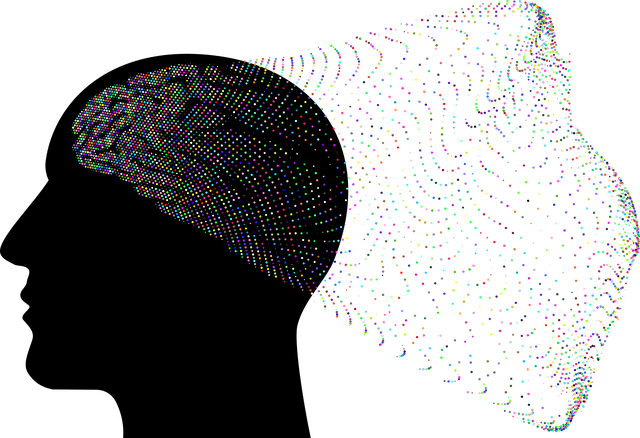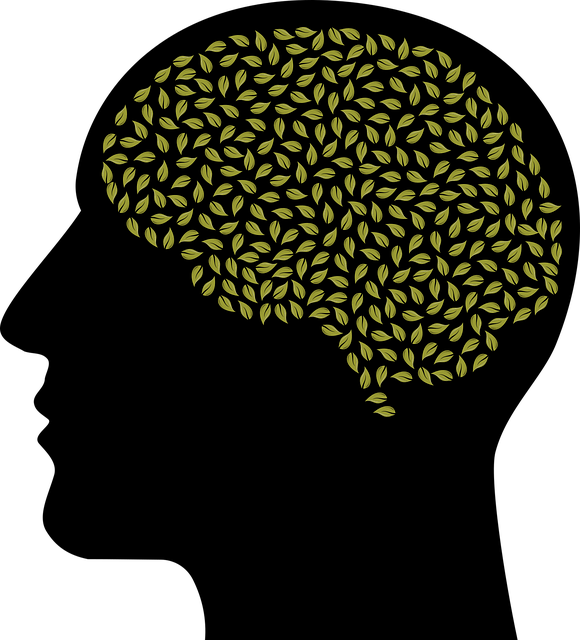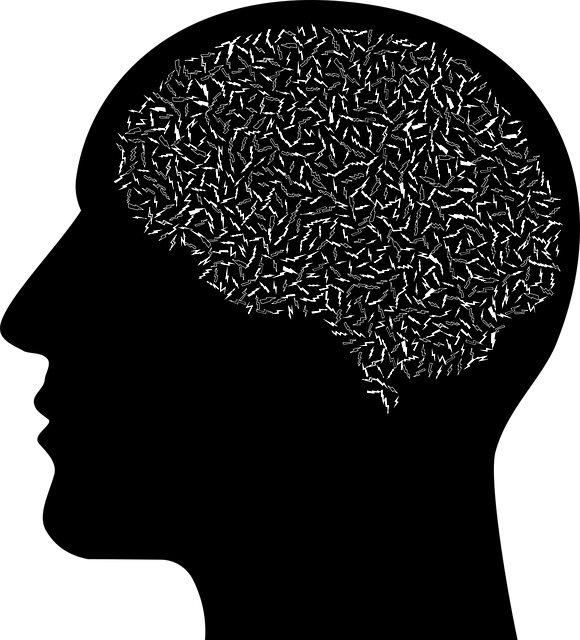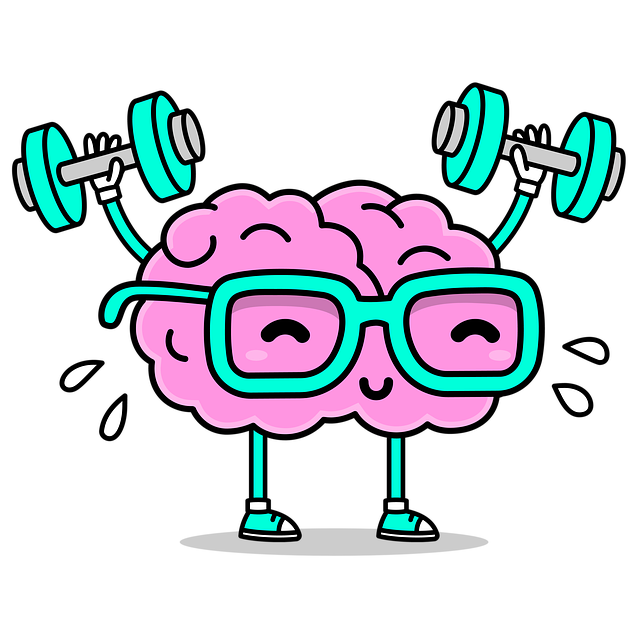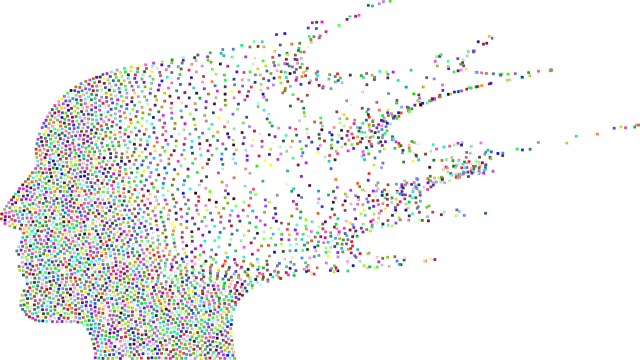Boulder's mental wellness programs, including specialized Boulder Eating Disorders Therapy, rely on a combination of quantitative (surveys, stats) and qualitative (interviews, case studies) evaluation techniques to measure effectiveness. This approach assesses both immediate symptom reduction and long-term impacts on mental wellness. By integrating these methods, programs adapt to challenges like burnout prevention, ensuring tailored support for diverse needs. Boulder Eating Disorders Therapy uses innovative tools to challenge distorted thinking, develop healthier coping mechanisms, and improve body image, with continuous improvement guided by regular monitoring and client feedback.
Mental wellness programs are essential components of modern healthcare, with Boulder Eating Disorders Therapy leading the way in comprehensive assessments and treatment. This article explores various evaluation methods for these programs, focusing on understanding their impact and effectiveness. From traditional metrics to innovative tracking tools, we delve into how programs like Boulder Eating Disorders Therapy measure success. By examining common evaluation practices, this guide offers insights into enhancing mental wellness initiatives and improving patient outcomes.
- Understanding Mental Wellness Programs and Their Evaluation
- Common Methods for Program Evaluation
- The Role of Boulder Eating Disorders Therapy in Comprehensive Assessment
- Measuring Success: Tracking Progress and Outcomes
Understanding Mental Wellness Programs and Their Evaluation

Mental wellness programs are designed to support individuals in maintaining and improving their mental health, encompassing a wide range of services from therapy for eating disorders in Boulder to stress management workshops and mindfulness training. Evaluating these programs is crucial for understanding their effectiveness and ensuring they meet participants’ needs. This process involves assessing both the immediate outcomes of program participation and the longer-term impacts on individuals’ overall mental wellness.
Proper evaluation methods, such as pre-post assessments, surveys, interviews, and qualitative analysis, help in gauging changes in symptoms, attitudes, and behaviors. For instance, a Mental Wellness Podcast Series Production can offer insights into participants’ perceptions of their own mental health progress through listening to their stories and feedback. Similarly, Mental Wellness Journaling Exercise Guidance has been shown to facilitate self-reflection and personal growth, which can be measured alongside traditional clinical metrics. By integrating these evaluation techniques, mental wellness programs can not only identify successful interventions but also adapt to address emerging challenges, such as burnout prevention, ensuring continuous improvement in supporting individuals’ mental health journeys.
Common Methods for Program Evaluation

In evaluating mental wellness programs, such as those focused on eating disorders like Boulder Eating Disorders Therapy, a variety of methods are employed to gauge their effectiveness and make data-driven improvements. Common approaches include quantitative techniques like surveys and statistical analysis of participant outcomes, which provide objective measurements of progress over time. For instance, tracking changes in symptoms, treatment adherence, and quality of life metrics can offer a comprehensive view of program success.
Qualitative methods also play a significant role, allowing for deeper insights into participants’ experiences. Interviews, focus groups, and case studies enable therapists and evaluators to understand the nuances of coping skills development, individual challenges, and cultural influences within the program context. Furthermore, integrating risk assessment tools and risk management planning is essential for mental health professionals, ensuring they can identify potential hazards and mitigate them effectively while providing support tailored to each participant’s unique needs.
The Role of Boulder Eating Disorders Therapy in Comprehensive Assessment

Boulder Eating Disorders Therapy plays a pivotal role in comprehensive mental wellness program evaluations. This specialized therapy goes beyond standard assessments by integrating evidence-based practices tailored to address eating disorders, depression prevention, and crisis intervention guidance. By delving into an individual’s relationship with food and body image, therapists uncover underlying psychological factors that contribute to eating disorder symptoms.
The therapeutic process involves a multi-faceted approach, incorporating various assessment tools and techniques to gain a holistic understanding of the client’s mental health landscape. This includes risk management planning for mental health professionals, ensuring safe and effective interventions. Ultimately, Boulder Eating Disorders Therapy empowers individuals to challenge distorted thinking patterns, develop healthier coping mechanisms, and cultivate a positive body image, thereby enhancing their overall mental wellness.
Measuring Success: Tracking Progress and Outcomes

Measuring success is a critical aspect of any mental wellness program, especially when addressing complex issues like eating disorders in Boulder. Tracking progress and outcomes allows therapists and coaches to evaluate the effectiveness of their interventions. This process involves setting clear goals and using various assessment tools tailored to individual needs. For instance, therapists might employ standardized questionnaires to gauge changes in symptoms, self-esteem, and body image perception before and after therapy sessions.
Empathy building strategies, a key component in Boulder eating disorders therapy, can be assessed through qualitative methods like client feedback sessions or interviews. Public awareness campaigns development and mental wellness coaching programs can also benefit from tracking outcomes; this could include measuring the impact of educational workshops on community members’ understanding of eating disorders and their willingness to seek help. Regular monitoring ensures that these programs remain responsive to clients’ evolving needs, fostering continuous improvement and better long-term outcomes.
Mental wellness programs, such as those offered by Boulder Eating Disorders Therapy, are only as effective as their evaluation methods. By employing comprehensive assessment tools and tracking progress over time, we can ensure these programs meet their goals. Common evaluation methods provide a solid framework, but the role of specialized therapies like Boulder Eating Disorders Therapy requires tailored metrics to measure unique aspects of mental health and recovery. Ultimately, successful evaluation enables continuous improvement in program design, fostering better outcomes for those seeking support.

